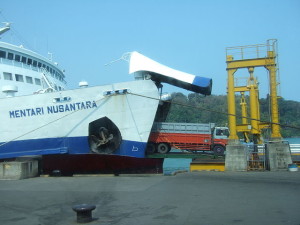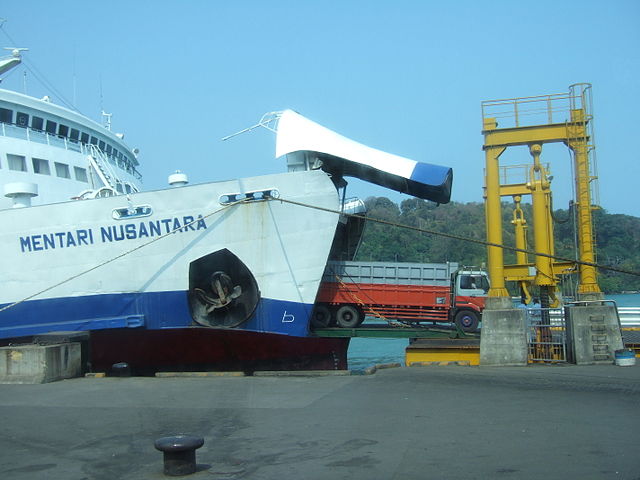 The Indonesian government has announced the 11th tranche of its economic policy package on March 29, which consists of four policies envisioned to stir up economic and investment activities.
The Indonesian government has announced the 11th tranche of its economic policy package on March 29, which consists of four policies envisioned to stir up economic and investment activities.
Indonesia’s latest stimulus package includes a lower tax rate on property purchased by local real estate investment trusts (REITs), the harmonization of customs checks across the nation’s ports to curtail dwell time, government subsidies for loans taken up by Indonesia’s export-oriented small and medium enterprises (SMEs), and the drawing of a roadmap for the nation’s pharmaceutical industry.
Coordinating Minister for Economic Affairs Darmin Nasution and Cabinet Secretary Pramono Anung disclosed the stimulus package at the Presidential Palace.
Nasution said the government will cut the final income tax rate on sales of property to REITs from 5% to 0.5%, according to a report by Indonesia-Investments.
This tax cut aims to attract Indonesian funds that are currently invested in Singapore-based REITs. Indonesia’s land and building rights acquisition duty may also soon be cut from 5% currently to 1%.
To further develop property businesses, the government will also issue real estate investment funds at relatively low costs to support the development of infrastructure and housing according to the national medium-term program 2015-2018, reported Antara News.
Meanwhile, dwell time at Indonesian ports are targeted to be reduced from 4.7 days to 3.7 days through reforming various procedures and harmonizing customs checks among the port authorities.
Recently, Indonesian President Joko Widodo said the high dwell time at Indonesian ports have caused losses of up to IDR740 trillion (US$55 billion) and also drastically curbs the nation’s competitiveness due to high transportation and logistics costs.
In January 2016 dwell time (loading and unloading) at Indonesian ports stood at 4.6 days, a significant improvement from the six days about a year ago but still high compared to the roughly three days of dwell times in Singapore or Malaysia.
Additionally, the government will provide subsidized loans to SMEs that are primarily export-oriented. This policy is seen to encourage the development of export-oriented industries and have a positive impact on the country’s trade and current account balances.
Finally, a new roadmap, including policies regarding firms’ standard operating procedures, is to be drawn up for the pharmaceutical industry.
Darmin said the development of pharmaceutical and medical instrument industries is aimed at ensuring the supply of medicines and health equipment to improve the quality of health services.
Since September 2015, the government has been releasing a series of economic stimulus packages aimed at boosting the nation’s economic growth and improving the investment climate.
Previous packages included deregulation, tax incentives for investments, a new formula for minimum wages, and a revision to the Negative Investment List, which lists the sectors partially or fully closed off to foreign investment.
Regarding the Negative Investment List, President Widodo is yet to sign the revisions. In February it was announced that Indonesia would remove or reduce the foreign ownership cap on 35 businesses. Nasution said the new list should be signed before the end of the month.
Photo: Sakurai Midori – Own work





